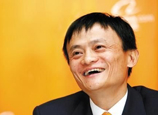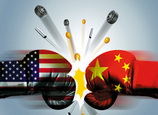
One example of this behavior came with Sunday's "Singles' Day" purchasing spree. The day - set aside in honor of single people - saw many e-commerce companies offer promotions to boost their sales.
Their efforts were rewarded.
Alibaba Group, a giant in the industry, alone pocketed 19.1 billion yuan ($3.04 billion) in sales on the day, three times as much as it had on the same day a year ago. And the majority of the shoppers who bought goods on Alibaba's website were young.
"To tap this consumer market, businesses need to continually rethink how they position their brands and how they connect with consumers," said Justin Fung, a Boston Consulting Group principal.
The burgeoning purchasing power of China's affluent class, as well as that of high-net-worth people and the middle class, is a reflection of the increasing importance of domestic consumption to the country's economy.
In the first three quarters of the year, consumption of such products was the source of 54 percent of China's GDP growth during that time, marking the first time it has contributed more than fixed-asset investment to that figure.
"To have sustainable economic growth, China must move from having an investment-driven economy to one that is driven by domestic consumption," said Yu Miaojie, associate professor at the China Center for Economic Research at Peking University.
"To free up this power, China should improve its social safety net and reduce its tax rates."
zhengyangpeng@chinadaily.com.cn















 Heavy snowstorm wreaks havoc in NE China
Heavy snowstorm wreaks havoc in NE China


![]()
